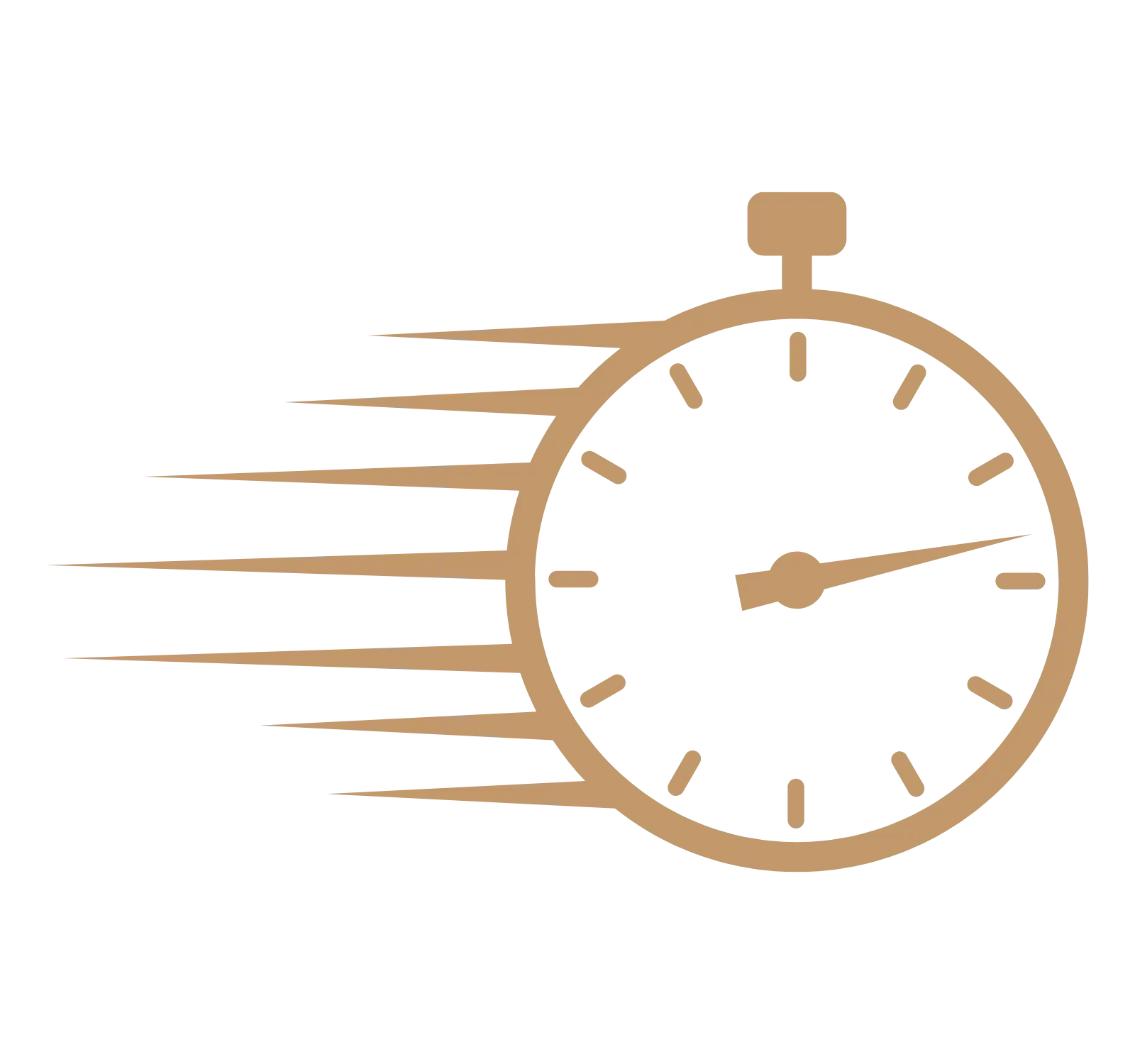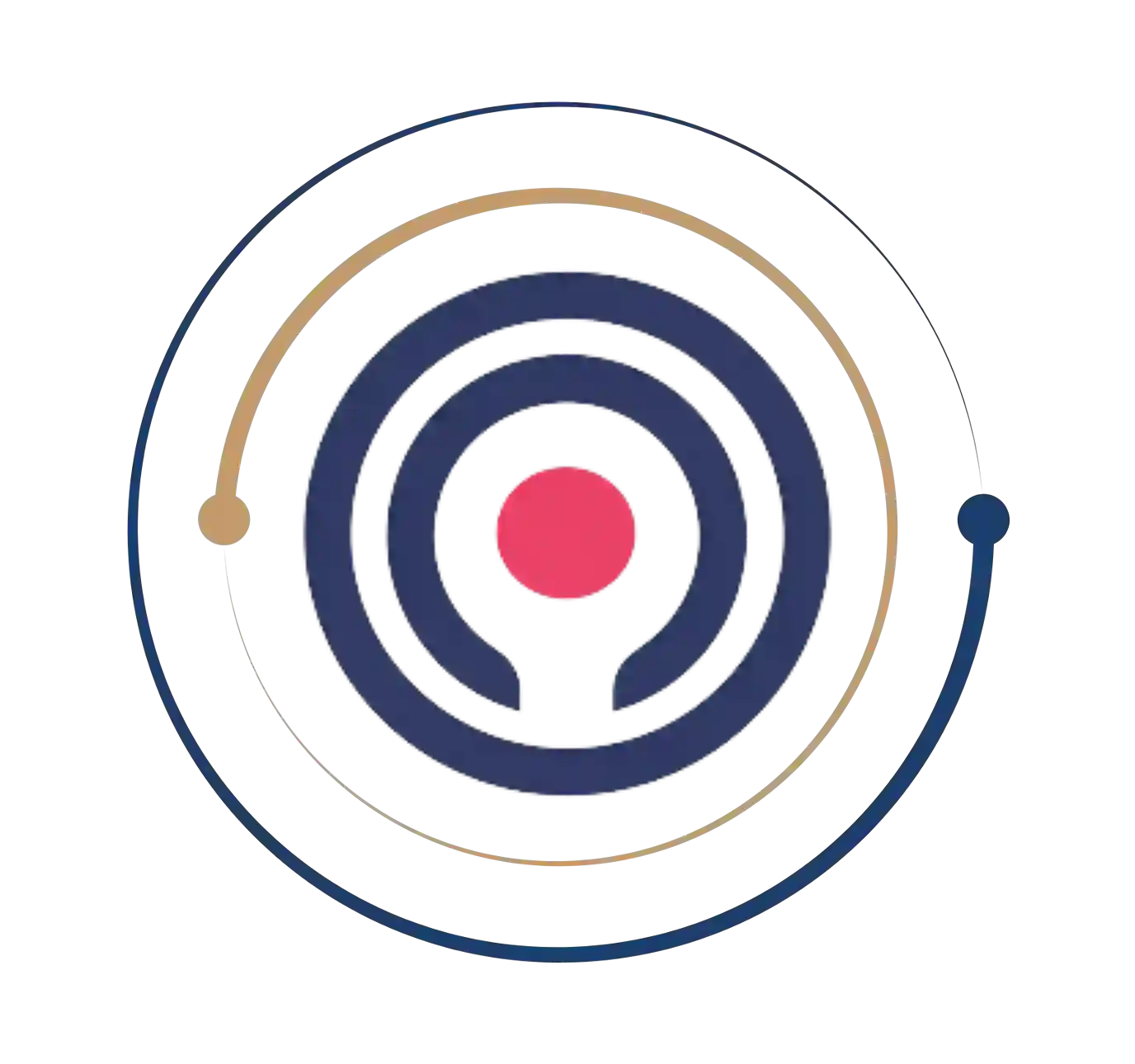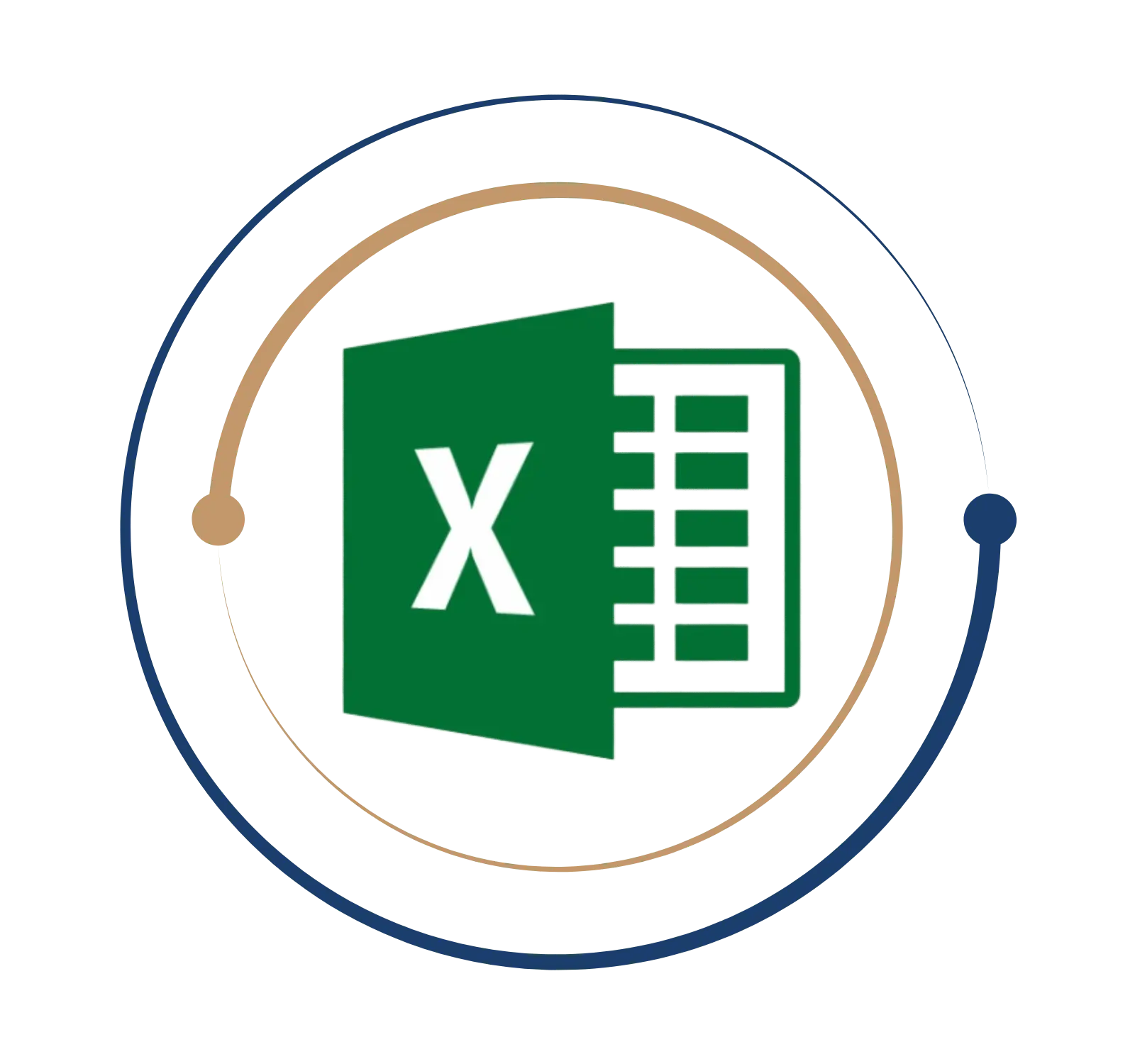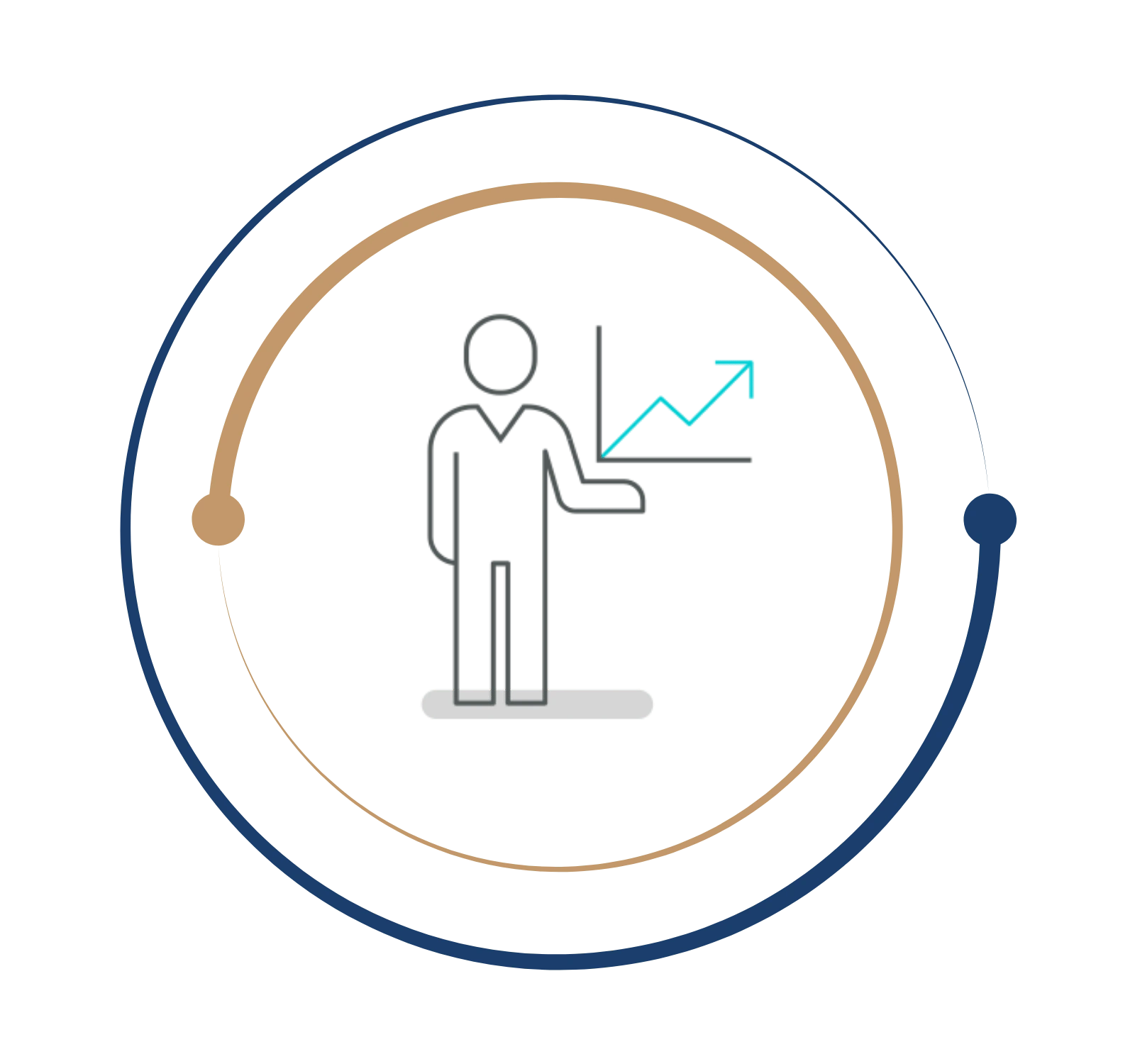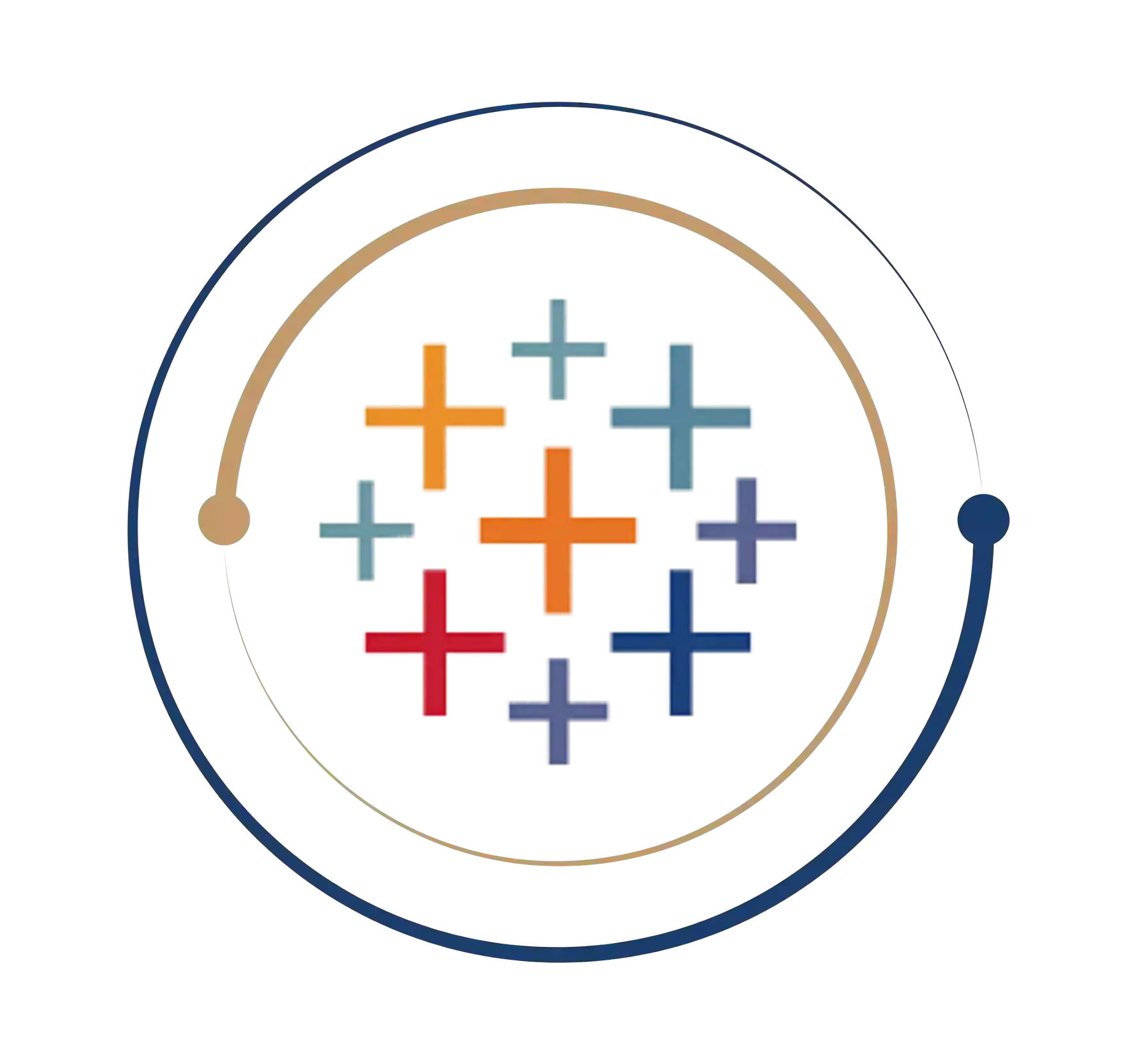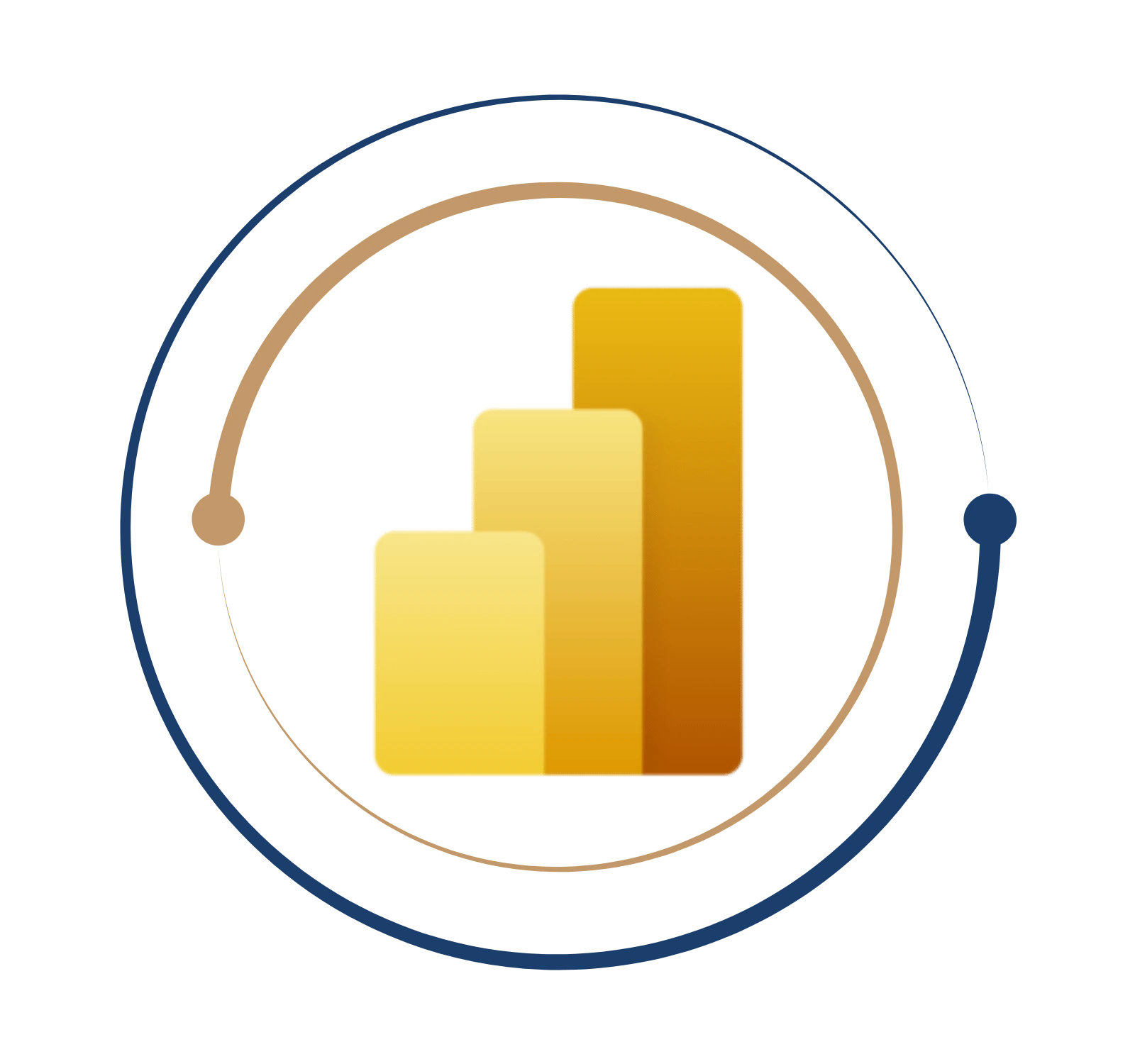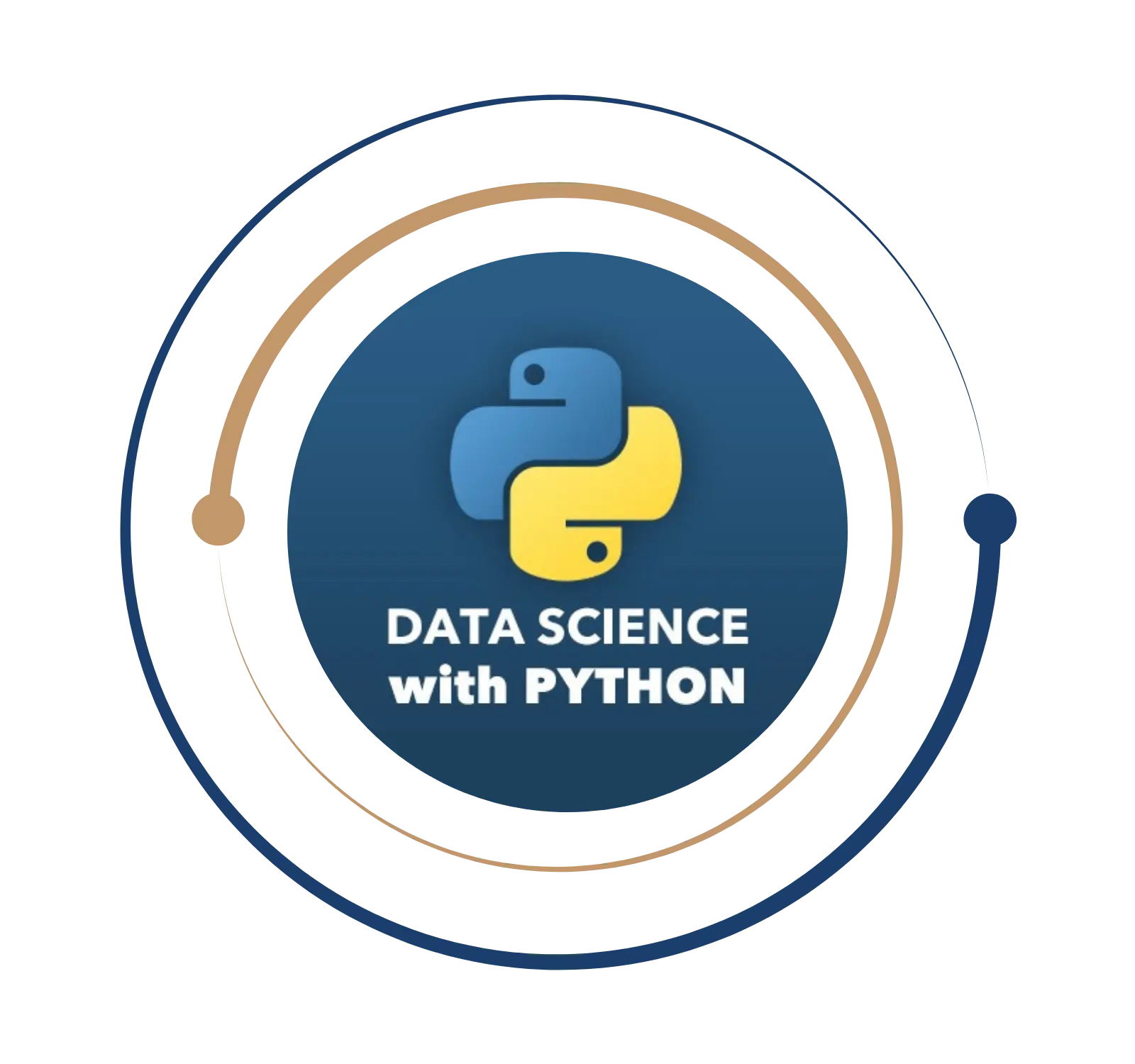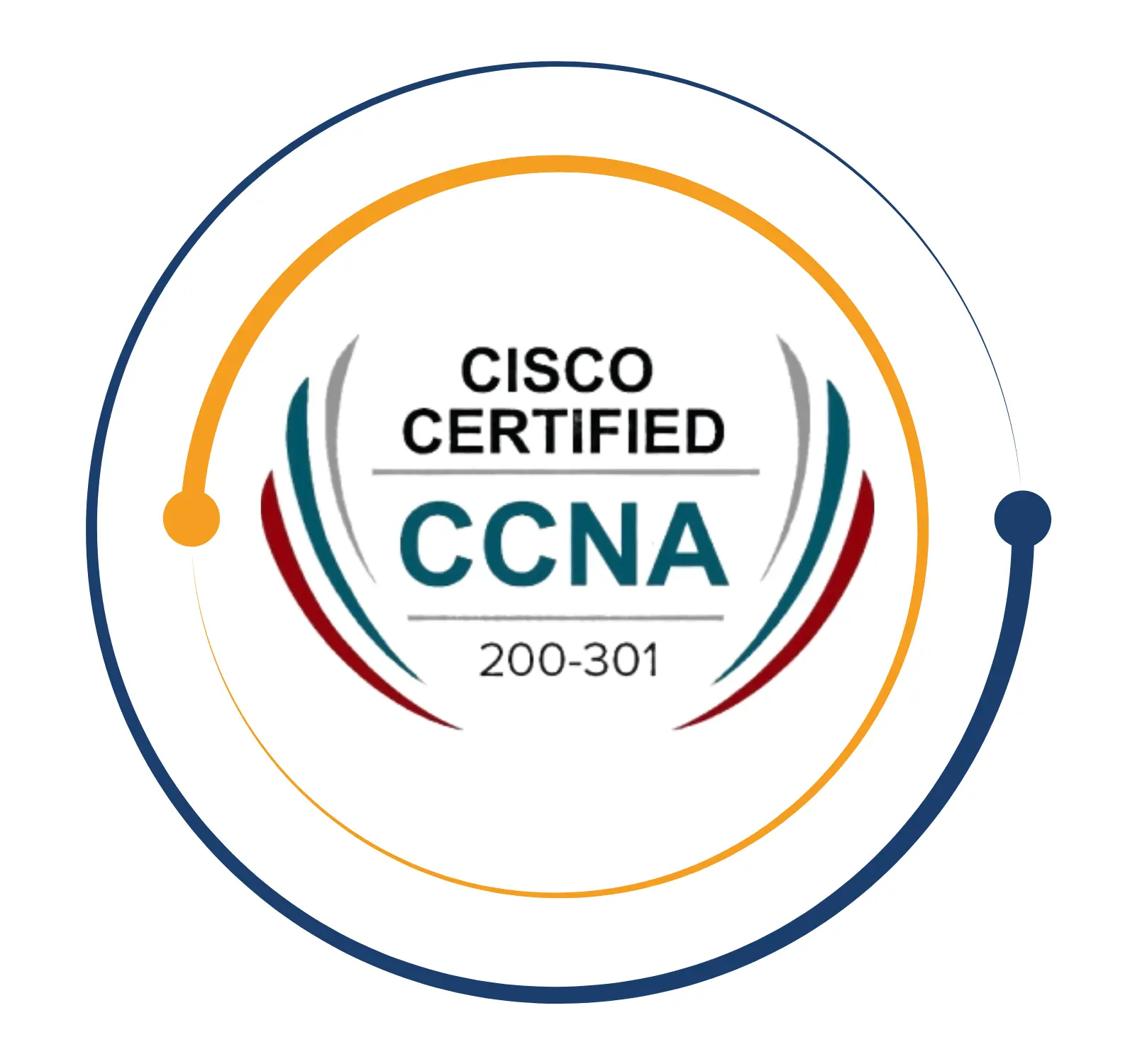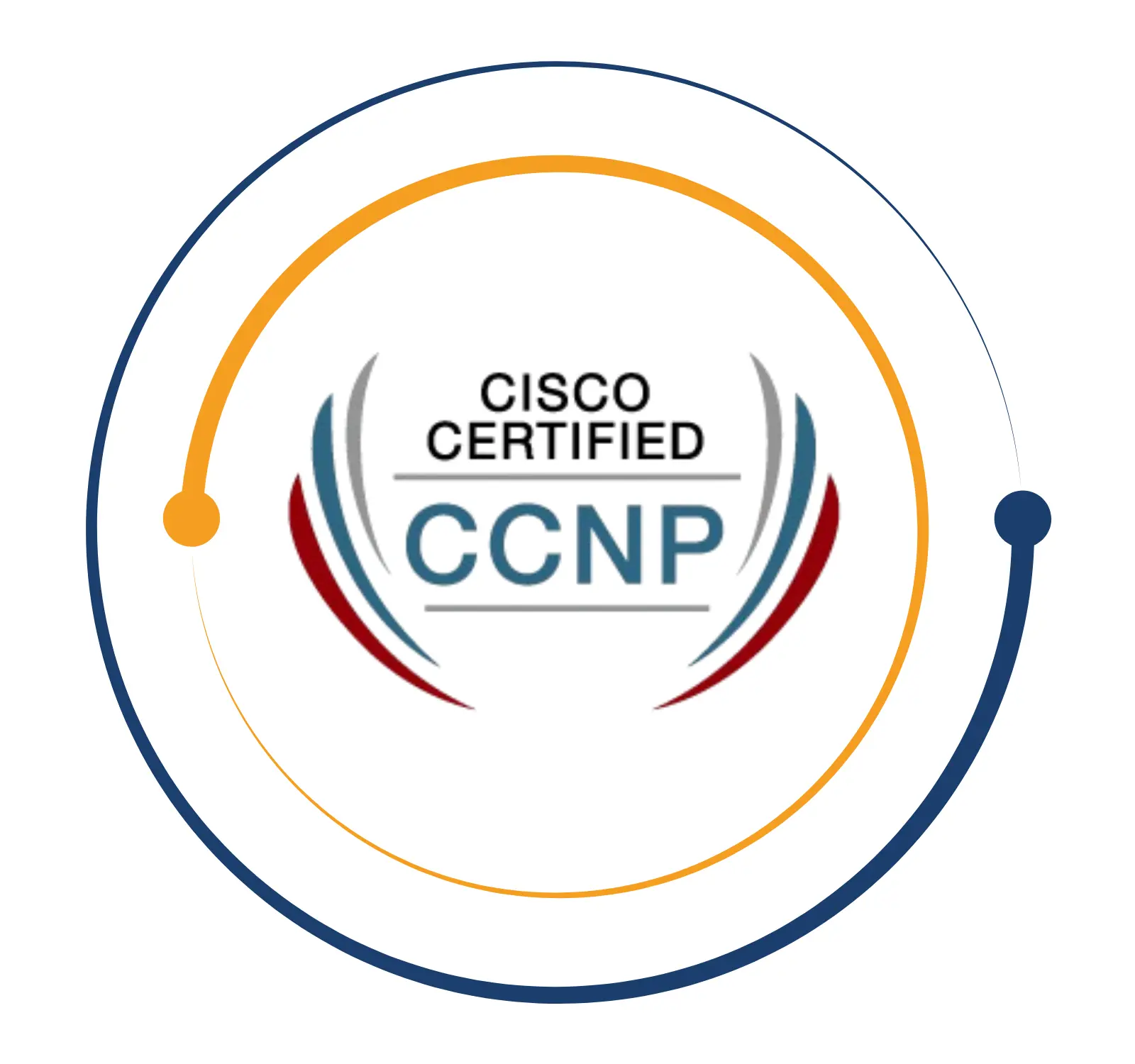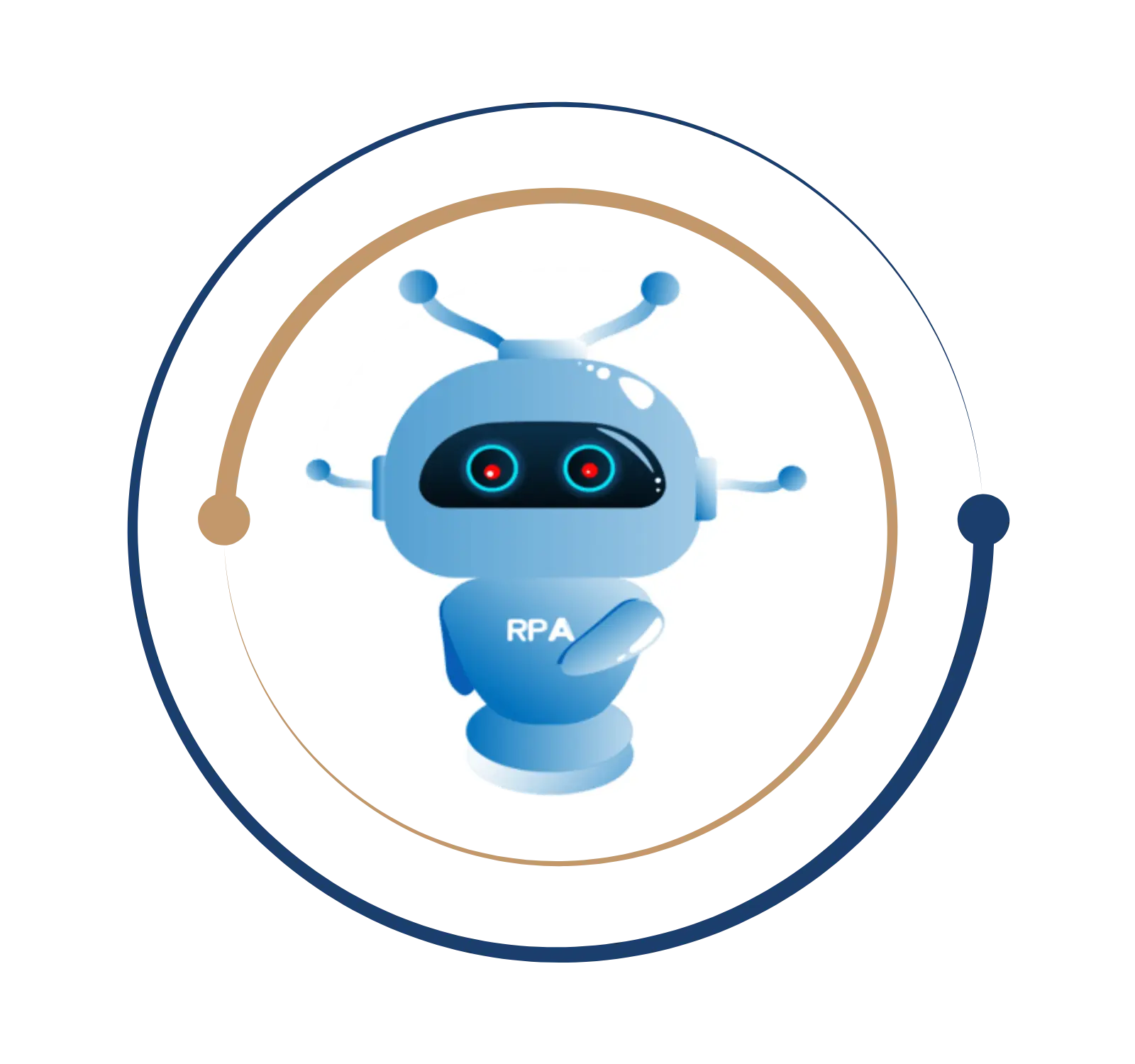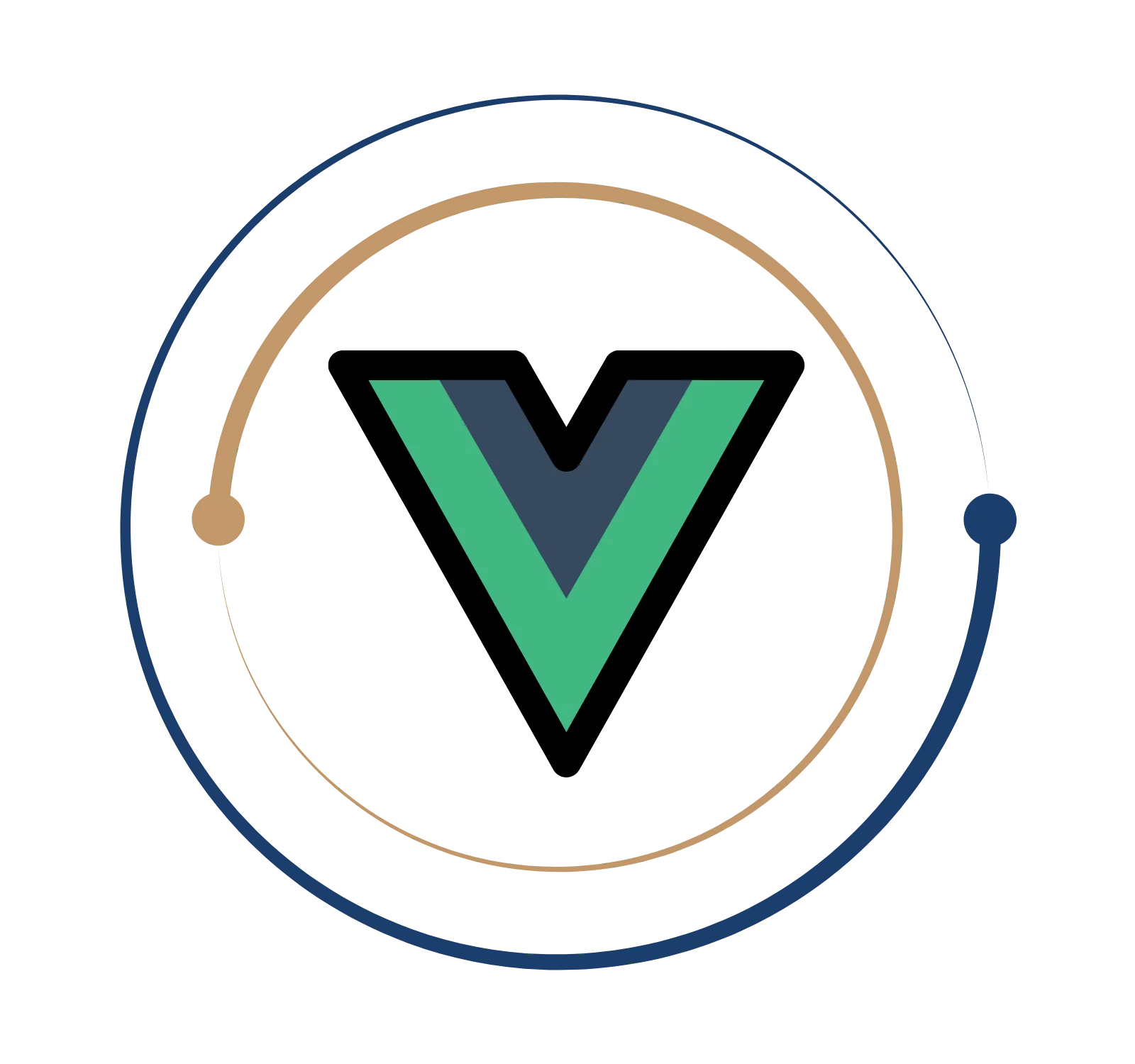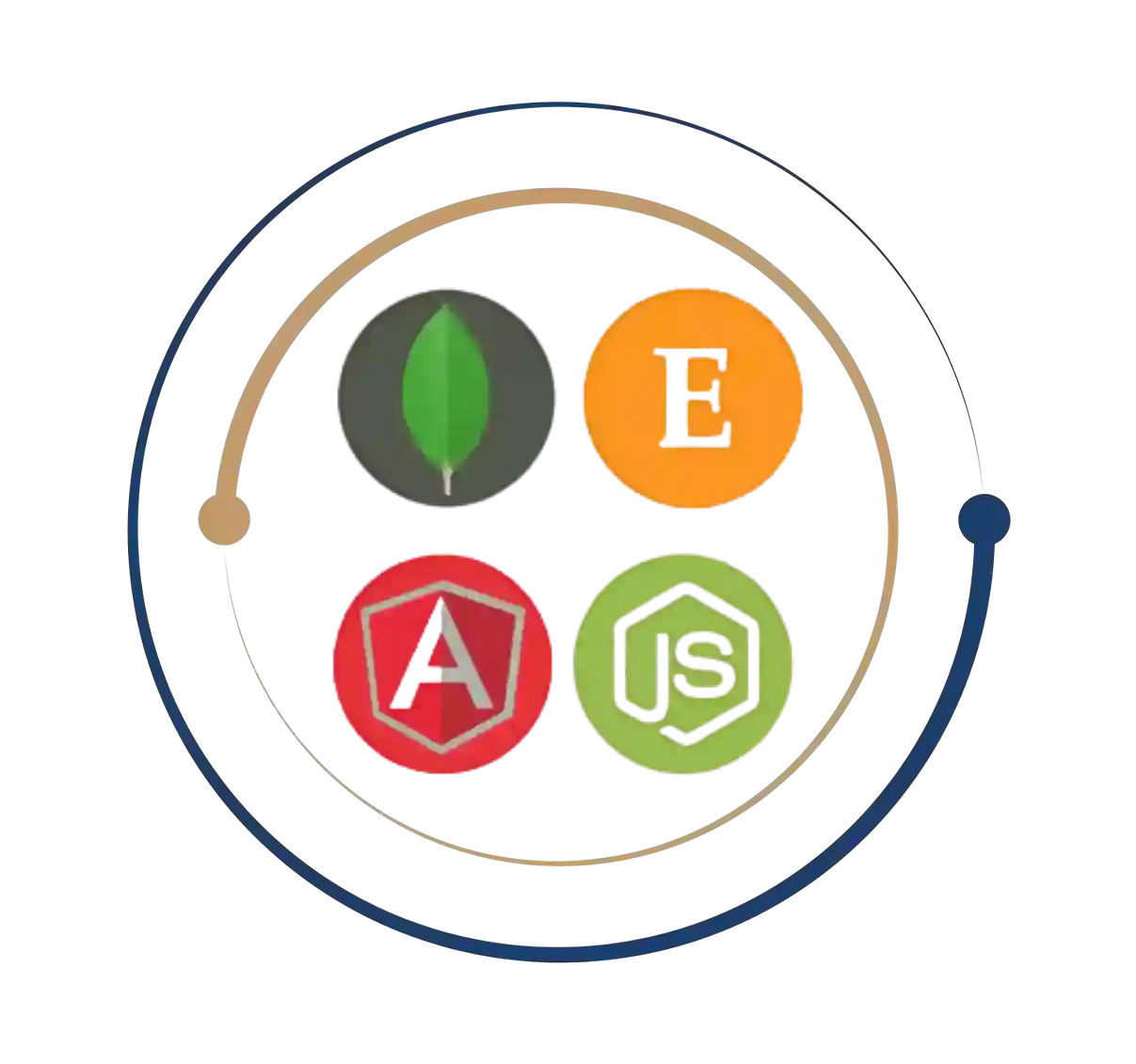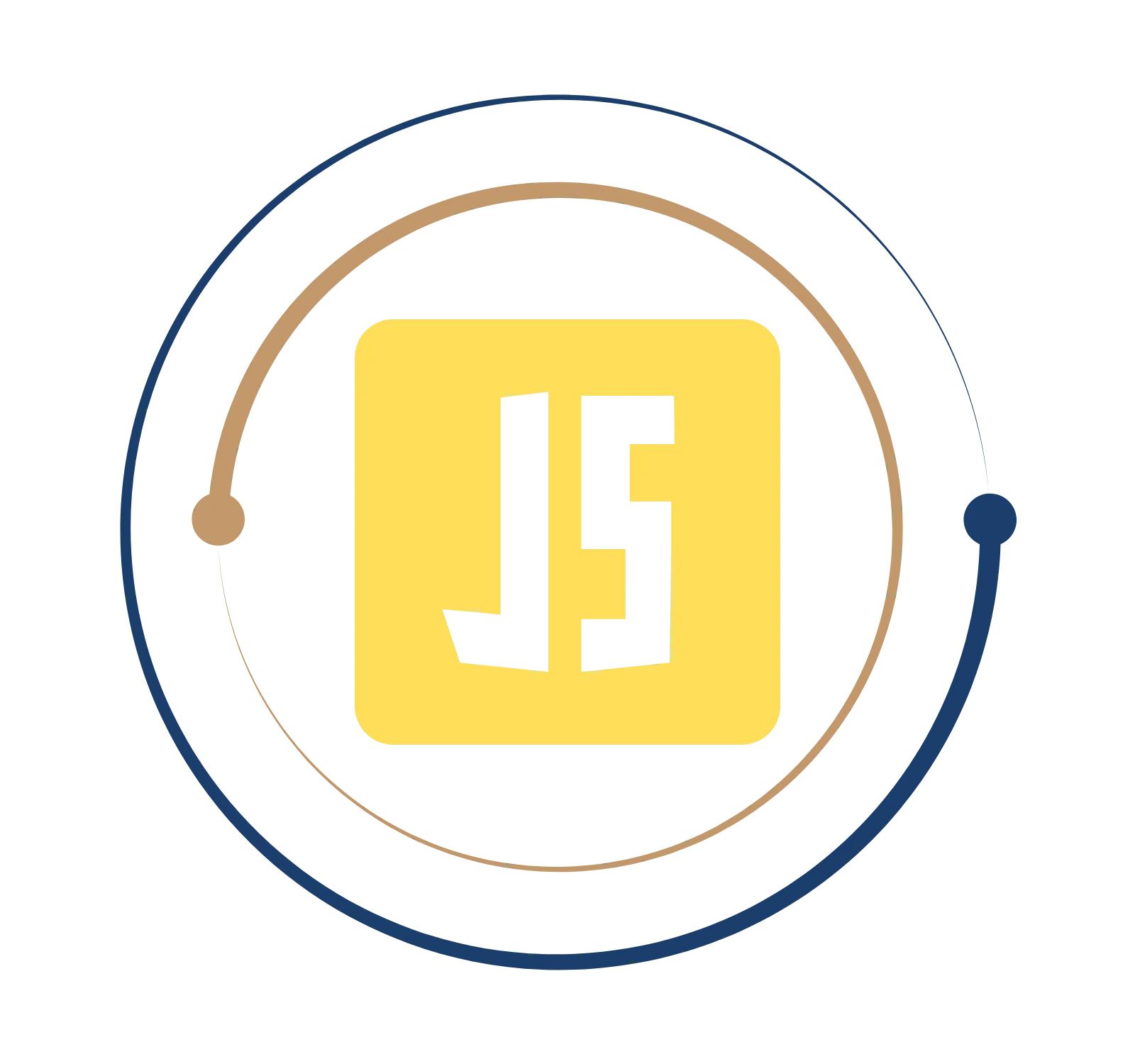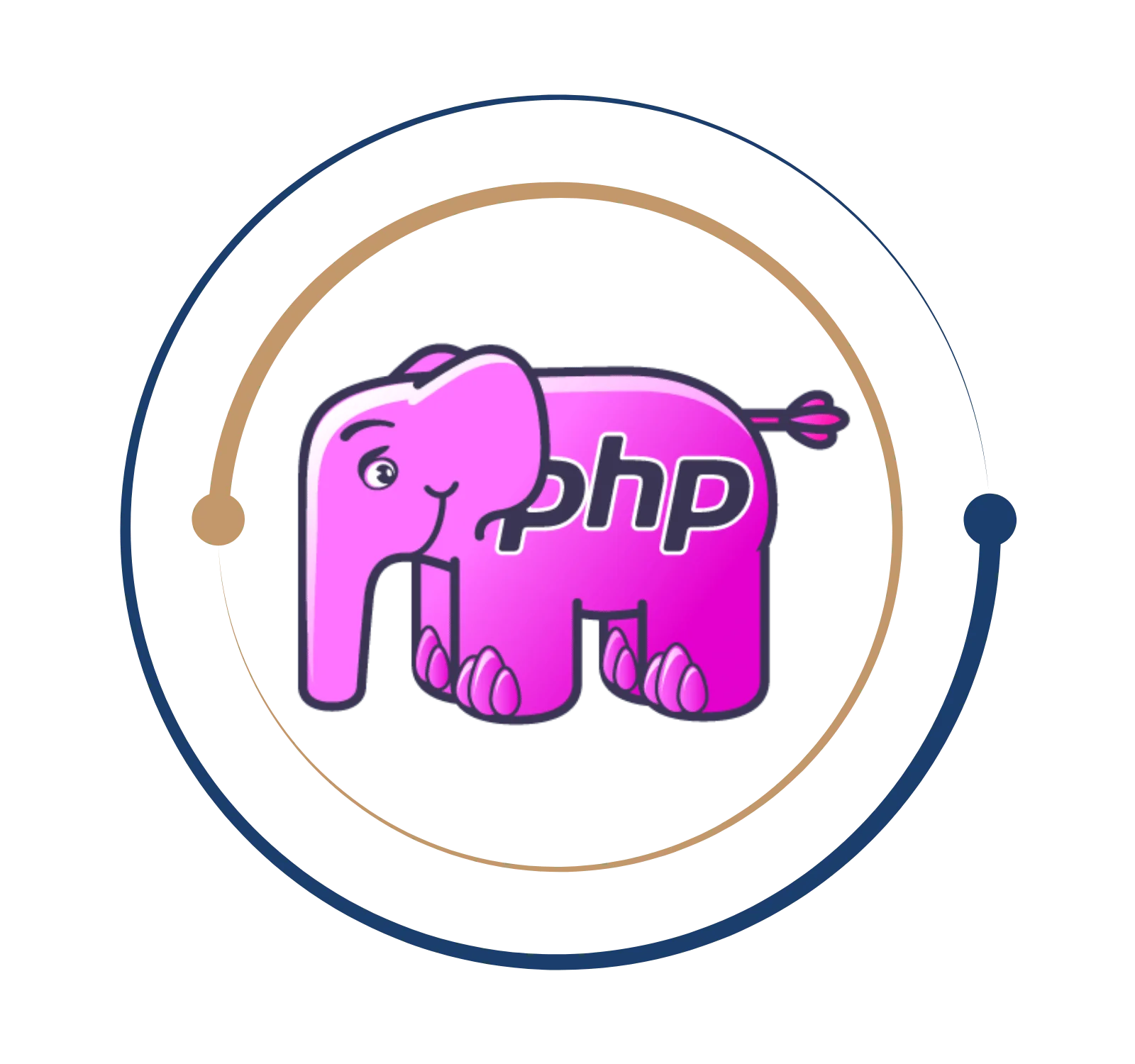Extract data like a pro with our Web Scraping course
Web Scraping with Python Training
Our web scraping with Python training will provide a thorough understanding of web scraping techniques and Python programming. Throughout this course, you will learn how to extract, alter, and use data from websites efficiently. The training provides practical skills that quickly turn you into an expert web scraper.
Web scraping is the process of obtaining data from websites. It is also known as web harvesting or web data extraction. It entails accessing websites using automated tools or scripts, retrieving web page content, and parsing and extracting the needed information from that source. Web scraping is a technique often used to collect data from the internet for various reasons, including data analysis, research, content aggregation, price comparison, and more.
Web Scraping with Python Training
Our web scraping with Python training will provide a thorough understanding of web scraping techniques and Python programming. Throughout this course, you will learn how to extract, alter, and use data from websites efficiently. The training provides practical skills that quickly turn you into an expert web scraper.
What is web scraping?
Web scraping is the process of obtaining data from websites. It is also known as web harvesting or web data extraction. It entails accessing websites using automated tools or scripts, retrieving web page content, and parsing and extracting the needed information from that source. Web scraping is a technique often used to collect data from the internet for various reasons, including data analysis, research, content aggregation, price comparison, and more.
Roles and Responsibilities in Web Scraping
Project Manager:
Define the project’s goals and requirements. Scraping tasks should be planned and scheduled. Control the project’s budget. Coordinate team members’ communication. Ensure that all legal and ethical norms are followed.
Data Analyst/Scientist:
Determine the data sources and needs. Define the rules for data extraction and transformation. Analyze and interpret the data that has been extracted.
Present data-driven discoveries and insights.
Web Scraping Developer/Engineer:
Create scripts or code for web scraping. Create the scraping environment, which includes tools and libraries. Maintain and monitor the scraping process.
Handle scraping exceptions and errors.
Database Administrator:
Create and manage the infrastructure for data storage. Improve data storage efficiency and scalability. Maintain data security and control.
Web scraping is the process of obtaining data from websites. It is also known as web harvesting or web data extraction. It entails accessing websites using automated tools or scripts, retrieving web page content, and parsing and extracting the needed information from that source. Web scraping is a technique often used to collect data from the internet for various reasons, including data analysis, research, content aggregation, price comparison, and more.
Project Manager:
Define the project’s goals and requirements. Scraping tasks should be planned and scheduled. Control the project’s budget. Coordinate team members’ communication. Ensure that all legal and ethical norms are followed.
Data Analyst/Scientist:
Determine the data sources and needs. Define the rules for data extraction and transformation. Analyze and interpret the data that has been extracted.
Present data-driven discoveries and insights.
Web Scraping Developer/Engineer:
Create scripts or code for web scraping. Create the scraping environment, which includes tools and libraries. Maintain and monitor the scraping process.
Handle scraping exceptions and errors.
Database Administrator:
Create and manage the infrastructure for data storage. Improve data storage efficiency and scalability. Maintain data security and control.
Get Instant Help Here
Certification can be used to formally validate your web scraping abilities. It shows that you have completed a structured program or course, demonstrating your specific expertise in the field. Some organizations may use certifications to assess a candidate’s qualifications quickly. A web scraping certification on your resume will make you more appealing to potential employers, especially in data-related professions. If you already have a data-related profession or vocation, web scraping with Python training can help you progress your career. It may enable you to be considered for higher-level roles or compensation rises. Sign up for web scraping with Python training.
- Web Scraping with Python Certification
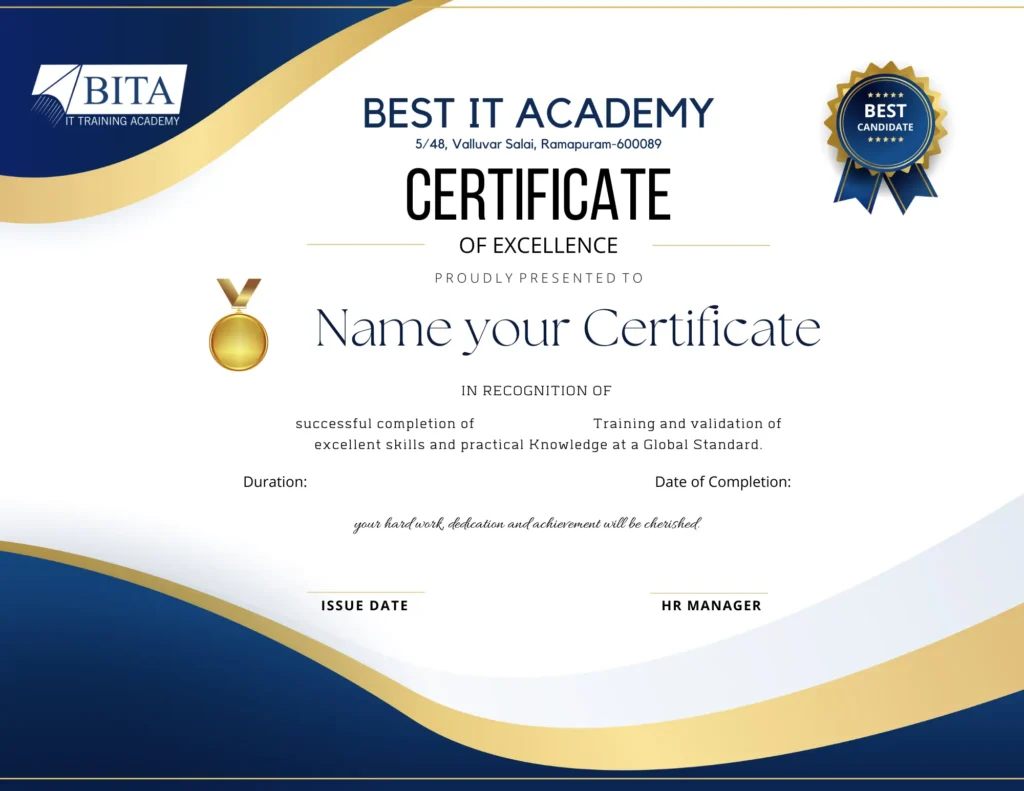
Because of the rising importance of data in decision-making and analysis, web scraping has become a valuable talent in various businesses. Web scraping jobs are available in a variety of industries. Web scraping skills are frequently used with other abilities, such as data analysis, visualization, programming, and database management. Programming languages such as Python are beneficial because various web scraping tools and modules are available for Python. Remember that web scraping must be done within legal and ethical limitations while adhering to website terms of service and data protection rules. When using web scraping in your job, always be responsible and honest. Here are some employment roles and industries requiring web scraping expertise. Enroll in Web Scraping with Python Training and kick-start your career.
Job you can land with Web Scraping
What you will learn?
- Introduction to BeautifulSoup
- Installing BeautifulSoup
- Running BeautifulSoup
- Connecting Reliably
- Traversing a Single Domain
- Crawling an Entire Site
- Collecting Data Across an Entire Site
- Crawling Across the Internet
- Crawling with Scrapy
- Media Files
- Storing Data to CSV
- MySQL
- Installing MySQL
- Some Basic Commands
- Integrating with Python
- Database Techniques and Good Practice
- Document Encoding
- Text
- Text Encoding and the Global Internet
- CSV
- Reading CSV Files
- Microsoft Word and .docx
- Cleaning in Code
- Data Normalization
- Cleaning After the Fact
- OpenRefine
- Summarizing Data
- Markov Models
- Six Degrees of Wikipedia: Conclusion
- Natural Language Toolkit
- Installation and Setup
- Statistical Analysis with NLTK
- Lexicographical Analysis with NLTK
- Python Requests Library
- Submitting a Basic Form
- Radio Buttons, Checkboxes, and Other Inputs
- Submitting Files and Images
- Handling Logins and Cookies
- HTTP Basic Access Authentication
- Overview of Libraries
- Pillow
- Tesseract
- NumPy
- Processing Well-Formatted Text
- Scraping Text from Images on Websites
- Reading CAPTCHAs and Training Tesseract
- Training Tesseract
- Retrieving CAPTCHAs and Submitting Solutions
- A Note on Ethics
- Looking Like a Human
- Adjust Your Headers
- Handling Cookies
- Timing Is Everything
- Common Form Security Features
- Hidden Input Field Values
- Avoiding Honeypots
- An Introduction to Testing
- What Are Unit Tests?
- Python unittest
Weekdays
Mon-Fri
Online/Offline
1 hour
Hands-on Training
Suitable for Fresh Jobseekers
/ Non IT to IT transition
Weekends
Sat – Sun
Online/Offline
1.30 – 2 hours
Hands-on Training
Suitable for IT Professionals
Batch details
Week days
Mon-Fri
Online/Offline
1 hour
Hands-on Training
/ Non IT to IT transition
Sat – Sun
Online/Offline
1:30 – 2 hours
Hands-on Training
Why should you select us?
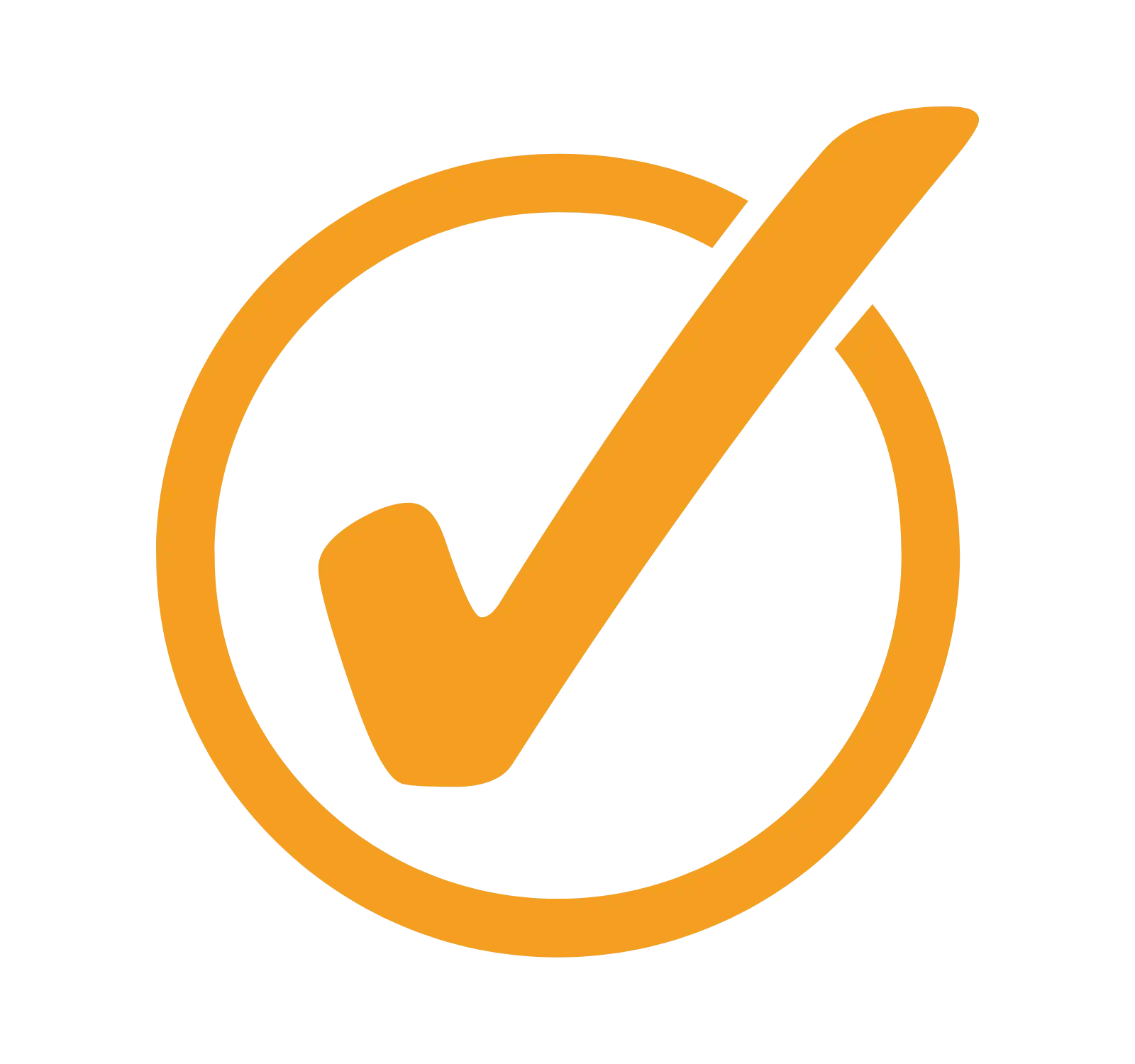





Why should you select Us?








